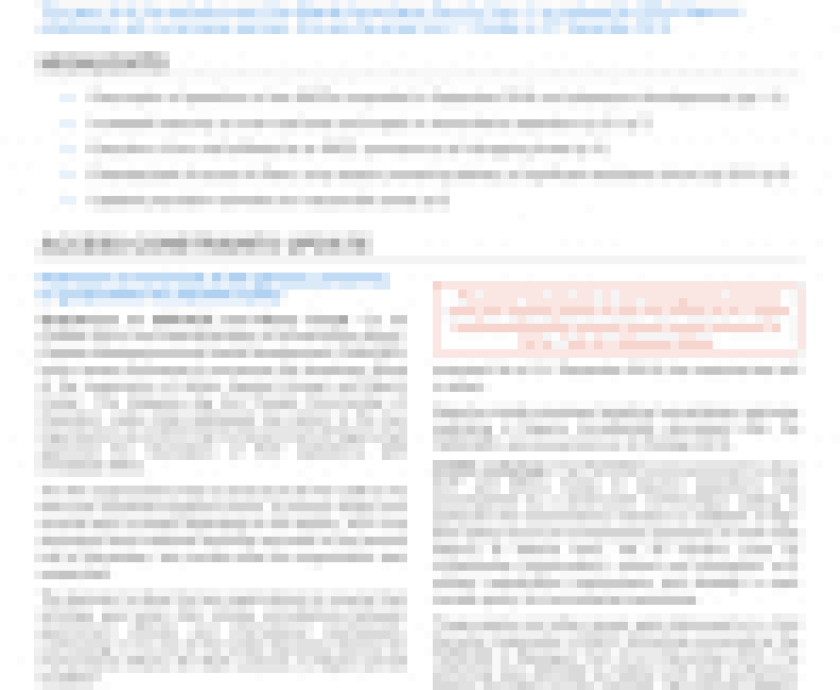A woman waits outside the emergency check-in entrance at the Providence Medical Center in Portland, Ore., on March 24, 2020.
© 2020 Alex Milan Tracy/Sipa via AP Images
The stimulus package the United States Congress approved last week provides billions of dollars for hospitals but does not ensure COVID-19 treatment is affordable and accessible. This gap could prove devastating for millions of Americans if medical costs keep people from seeking needed treatment, increasing the risk of serious illness, death, and further spread of the disease.
An uninsured woman in Boston recently reported that her COVID-19 testing and treatment cost nearly $35,000. These astronomical costs are out of reach for the uninsured. The media has reported stories of people dying from COVID-19 because they delayed care out of fear of the medical bills. An uninsured woman in Pennsylvania died after refusing to go to the hospital because she feared “she might not be able to pay the bills,” her son told the Pittsburgh Post-Gazette. The Centers for Disease Control and Prevention are investigating the death of a 17-year-old in California who was allegedly denied care for suspected COVID-19 symptoms because he was uninsured.
There are at least 28 million Americans who are uninsured, and that number is growing. Unemployment numbers are at a record high in the US, adding to healthcare cost anxieties. Employer-based health insurance covers over half of Americans, but with 3.3 million people claiming unemployment this month, many could be facing loss of coverage. Some may qualify for coverage under Medicaid, but if they live in one of the 14 states that have not accepted Medicaid expansion, they may not have the option. COBRA, a federal program designed to bridge coverage between jobs, is often unaffordable.
Even those with insurance may find the costs associated with treatment to be beyond their means. Insurance companies impose cost-sharing measures, such as deductibles, co-pays, and co-insurance, which could result in out-of-pocket costs of $1,300 or more in cases requiring hospitalization.
Some states and healthcare providers are taking steps to ensure that medical bills don’t prevent people from seeking testing and treatment. The governor of New Mexico has issued an emergency rule requiring insurance companies to eliminate out-of-pocket costs for COVID-19 testing and treatment, and Massachusetts has notified carriers in the state that it expects the same of them. Insurance companies have started to take steps to reduce such costs, and some, like Aetna, Cigna, and Humana, have agreed to waive cost-sharing for testing and treatment at in-network facilities, though this could still result in unexpected out-of-network costs.
An alternative stimulus bill introduced by Rep. Nita Lowey in the US House of Representatives contains provisions to cover the cost of treatment, including eliminating cost-sharing and subsidizing coverage under COBRA for those who have lost employment-based insurance. As the US government grapples with the COVID-19 pandemic, it should eliminate uncertainty for millions of Americans by making medical care affordable and accessible for some of the country’s most vulnerable people.



